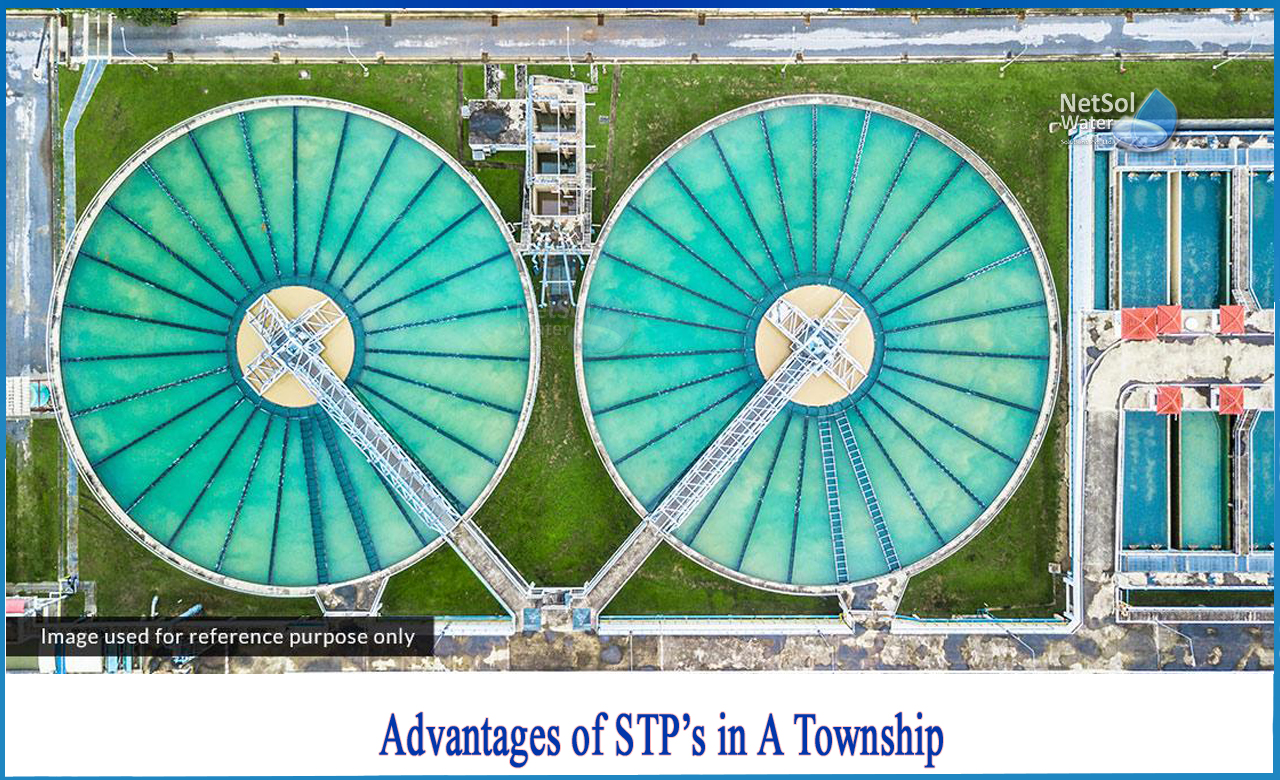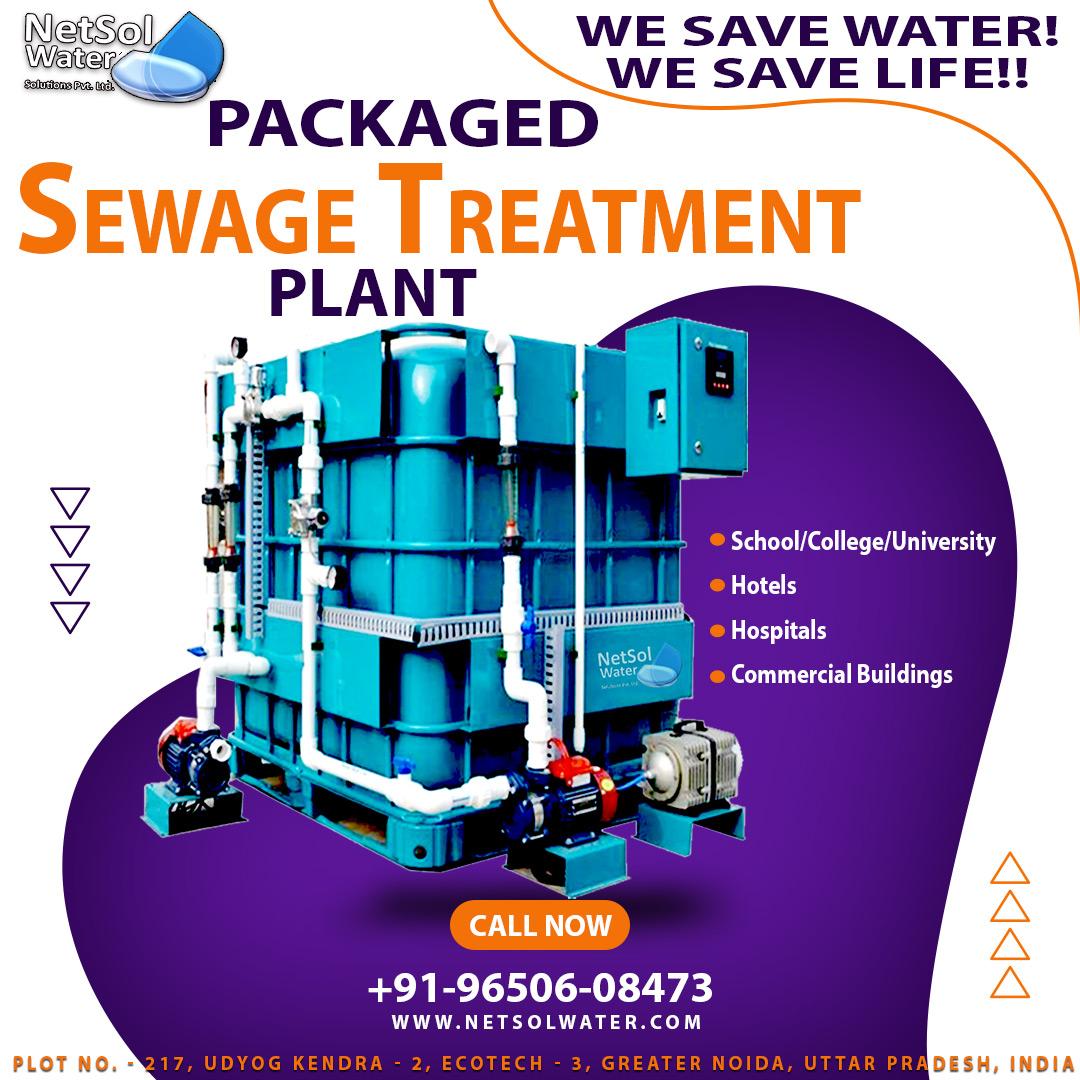Advantages of STP’s in a township
A sewage treatment plant shows a township's continual development. It acts as a fundamental infrastructure and an unmistakable indicator of civilization's progress. If used correctly, the plant can improve people's lives while also saving the environment.
How Does a Sewage Treatment Plant Maintain a Healthy Environment?
A sewage treatment plant will ensure a healthier and higher level of living in the community where it is located. Previous difficulties caused by sewage leaks have been resolved in the affected areas. In addition, hotels and apartments were required to maintain septic tanks that were prone to leakage. Liquid waste management will be simplified thanks to the sewage treatment plant.
Environment Protection:
The discharge of sewage waste into septic tanks pollutes the groundwater, which eventually reaches the water bodies. It has a negative impact on the health of aquatic organisms as well as the ecosystem.The building of a sewage treatment plant will aid in putting an end to such a persistent problem. It will keep the groundwater from becoming more contaminated. In addition, bi-products such as methane and bio-solids will be produced, which can be used for other purposes.
Ensures the best possible water processing for future use:
Without water, life will become stagnant. As a result, it must be managed in the greatest possible way. A sewage treatment plant's purified water can be simply utilised for agricultural and other important purposes.
In addition, installing a sewage treatment system will save businesses a lot of money. It will assist in the reduction of costs associated with the building and maintenance of tiny cesspools. Such a significant advancement will result in the tourist department of that location improving much more. Every traveller prefers a clean, pollution-free environment.
Self-sustainability:
Because the township project serves a large number of people, the treated water may be reused for toilet flushing, which is one of the most water-intensive household tasks, as well as other domestic tasks like watering plants and cleaning the floor. If the water has been treated to meet drinking water standards, it can be consumed. As a result, the township will be self-sufficient in terms of water and sewage treatment.
Reduction of wastage:
The amount of garbage released into the environment is greatly reduced as a result of wastewater treatment, consequently increasing the environment's health. As a result, the health risks linked with pollution are reduced, and neighbouring water bodies remain uncontaminated. The amount of garbage released into the environment is greatly reduced as a result of wastewater treatment, consequently increasing the environment's health. As a result, the health risks linked with pollution are reduced, and neighbouring water bodies remain uncontaminated.
Fertilizer Manufacturing:
During the treatment process, a large amount of biodegradable material is collected in the sludge. When this sludge is treated in a lagoon using thesludge-dryingmethod, which is one of the solids dewatering methods, it becomes a natural biodegradable fertiliser. This natural fertiliser can then be utilised in gardens to boost agricultural yields, as well as for home gardening. Furthermore, the sludge collected during the STP process can be used to generate energy. As a result, having a STP plant erected in large societies and townships may actually assist in water conservation and energy production while also ensuring self-sufficiency.
For more details and installation of STP’s in townships, contact Netsol Water.




